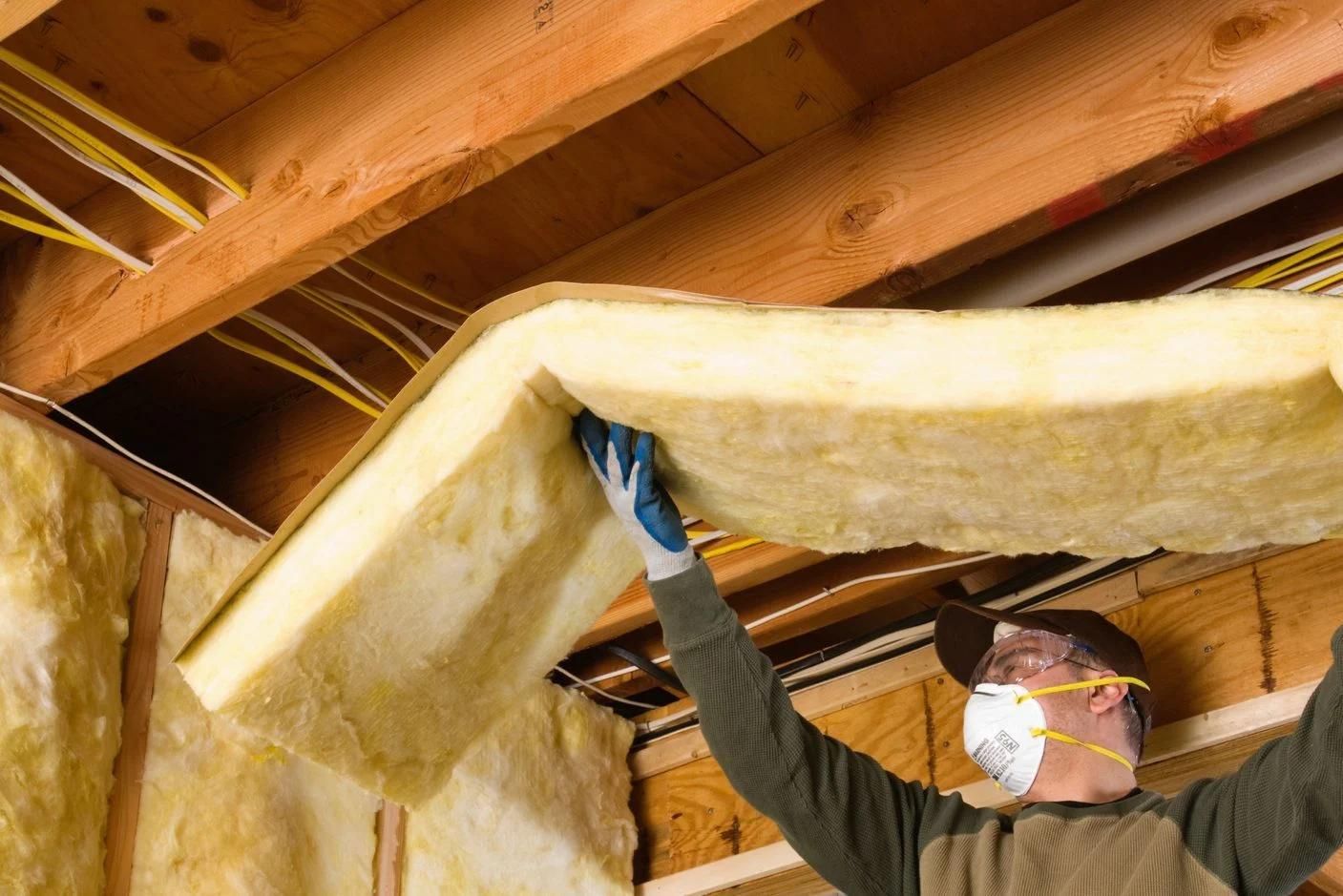

Articles
What Insulation To Use In Basement Ceiling
Modified: December 7, 2023
Discover the best articles on what insulation to use in your basement ceiling. Gain insights on different materials and techniques for optimal comfort and energy efficiency.
(Many of the links in this article redirect to a specific reviewed product. Your purchase of these products through affiliate links helps to generate commission for Storables.com, at no extra cost. Learn more)
Introduction
When it comes to insulating your basement ceiling, there are several factors to consider. Not only can proper insulation help regulate the temperature and improve the energy efficiency of your home, but it can also help reduce noise transmission between floors. With the variety of insulation options available, it’s important to understand the different types and their benefits.
Insulating the basement ceiling is particularly important because it helps to create a thermal barrier between your basement and the rest of your home. This barrier prevents heat loss and keeps the basement more comfortable during both hot summers and cold winters. Additionally, insulating the basement ceiling helps to dampen sound, making it a wise choice for homeowners who want to minimize noise between different levels of their home.
In this article, we will explore the different types of insulation commonly used in basement ceilings and discuss their pros and cons. By understanding the various options, you can make an informed decision about which type of insulation is best suited for your specific needs and budget.
Key Takeaways:
- Choose fiberglass insulation for a budget-friendly option with good thermal performance and moisture resistance. It’s easy to install, but may not offer the best soundproofing.
- Opt for spray foam insulation for superior thermal performance, soundproofing, and energy efficiency. Professional installation is required, and upfront costs may be higher.
Read more: What Insulation To Use For Basement Ceiling
Factors to Consider
Before choosing the type of insulation for your basement ceiling, it’s important to consider a few key factors. These factors will help you determine the best insulation option for your specific needs and requirements. Here are some factors to consider:
- Moisture Resistance: Basements are often prone to moisture issues, so it’s crucial to choose an insulation material that is resistant to moisture. This will prevent mold and mildew growth and help maintain a healthy indoor environment.
- Thermal Performance: The primary purpose of insulation is to regulate temperature. Consider the R-value of the insulation material, which indicates its thermal resistance. The higher the R-value, the better the insulation’s ability to resist heat flow.
- Soundproofing: If reducing noise between floors is a concern, opt for an insulation material with good soundproofing capabilities. Certain materials like fiberglass and cellulose have excellent sound-absorbing properties.
- Installation Ease: Depending on your DIY skills and budget, you may prefer an insulation material that is easy to install. Some materials, like spray foam insulation, require professional installation, while others, like fiberglass batts, can be installed by homeowners.
- Cost: Take into account the cost of the insulation material and the installation process. Compare the prices of different options and consider their long-term energy savings to make an informed decision.
By considering these factors, you can narrow down your options and choose the insulation material that best suits your basement ceiling insulation needs.
Fiberglass Insulation
Fiberglass insulation is one of the most common and cost-effective options for insulating basement ceilings. It is made from tiny glass fibers that are spun into a wool-like material. Here are some key points to know about fiberglass insulation:
- Installation: Fiberglass insulation is available in batts or rolls, making it relatively easy to install. It can be fitted between the ceiling joists, providing a thermal barrier.
- Moisture Resistance: Fiberglass insulation resists moisture, helping to prevent mold and mildew growth. However, it is important to ensure proper vapor barrier installation to maintain its effectiveness.
- Thermal Performance: Fiberglass insulation has an R-value ranging from R-11 to R-38, depending on its thickness and density. It offers good thermal resistance and helps to maintain a comfortable temperature in the basement.
- Soundproofing: While fiberglass insulation provides some level of sound absorption, it may not be as effective as other materials specifically designed for soundproofing.
- Cost: Fiberglass insulation is relatively affordable, making it an attractive option for budget-conscious homeowners. The cost will depend on the thickness and quality of the insulation.
It is important to remember that fiberglass insulation requires proper handling due to the tiny glass fibers it contains. It is recommended to wear protective clothing, such as gloves and a mask, during installation to avoid skin irritation or respiratory issues.
Overall, fiberglass insulation is a popular choice for basement ceilings due to its affordability, ease of installation, and moisture-resistant properties. However, it may not be the best option for soundproofing purposes or in areas with high moisture levels without proper vapor barrier installation.
Spray Foam Insulation
Spray foam insulation is a highly efficient and versatile option for insulating basement ceilings. It involves spraying a polyurethane foam mixture onto the ceiling, which then expands and hardens to create an airtight seal. Here are some important details to know about spray foam insulation:
- Installation: Spray foam insulation requires professional installation. Trained technicians use specialized equipment to apply the foam mixture evenly on the ceiling surface. The foam expands to fill gaps and crevices, providing a seamless and effective insulation barrier.
- Moisture Resistance: Spray foam insulation creates a moisture barrier, preventing water vapor from entering the basement. This can help reduce the risk of mold growth and moisture-related issues.
- Thermal Performance: Spray foam insulation has excellent thermal performance, providing a higher R-value compared to other insulation materials. It creates a solid, continuous layer of insulation that effectively minimizes heat transfer.
- Soundproofing: Spray foam insulation has good sound-absorbing properties that help reduce noise transmission between floors. The dense nature of the foam helps minimize sound vibrations, creating a quieter environment.
- Sealing Ability: One of the notable advantages of spray foam insulation is its ability to seal cracks, gaps, and other air leaks. It creates an airtight seal, reducing energy loss and improving energy efficiency in the home.
- Cost: Spray foam insulation typically has a higher upfront cost compared to other insulation materials. However, its excellent performance and long-term energy savings can offset the initial investment over time.
It is worth noting that spray foam insulation requires proper ventilation during and after installation. The off-gassing of chemicals during the curing process can be a concern for individuals with respiratory sensitivities, so it’s important to follow safety guidelines and allow sufficient time for the foam to cure and fully harden before occupying the space.
Overall, spray foam insulation offers superior thermal performance, effective moisture resistance, and excellent soundproofing capabilities. It is an ideal choice for homeowners looking for a high-performance insulation option for their basement ceilings, provided they have the budget for professional installation.
Consider using rigid foam insulation for the basement ceiling. It provides high R-value, is moisture resistant, and can help reduce noise transfer. Make sure to seal all gaps and seams for maximum effectiveness.
Rigid Foam Insulation
Rigid foam insulation, also known as foam board insulation, is a popular choice for insulating basement ceilings. It consists of panels made from polystyrene, polyisocyanurate, or polyurethane foam. Here are some key details about rigid foam insulation:
- Installation: Rigid foam insulation is relatively easy to install. It comes in panels that can be cut to fit between the ceiling joists or attached directly to the ceiling surface. Installing foam boards creates a continuous insulation layer with minimal gaps.
- Moisture Resistance: Rigid foam insulation has excellent moisture resistance properties. It repels water and prevents moisture infiltration, making it a suitable choice for basement environments that may be prone to high humidity or water leaks.
- Thermal Performance: Rigid foam insulation has a high R-value, usually ranging from R-4 to R-8 per inch of thickness. This provides excellent thermal insulation and helps maintain a comfortable temperature in the basement.
- Soundproofing: While rigid foam insulation can provide some level of sound absorption, it may not be as effective as other materials specifically designed for soundproofing. Adding an additional soundproofing layer may be necessary for optimal acoustic performance.
- Durability: Rigid foam insulation is durable and resistant to pests, mold, and mildew. It does not deteriorate over time, providing long-lasting insulation performance.
- Cost: The cost of rigid foam insulation can vary depending on the thickness and type of foam used. Overall, it tends to be more expensive than fiberglass insulation but offers superior insulating properties.
It’s important to note that rigid foam insulation requires proper installation to ensure the panels are sealed tightly and all seams are properly taped. This helps to create an effective vapor barrier and enhance the insulation’s performance.
Rigid foam insulation is a reliable choice for basement ceiling insulation, offering excellent thermal resistance and moisture resistance. Its durability and versatility make it suitable for various basement environments.
Cellulose Insulation
Cellulose insulation is an eco-friendly option for insulating basement ceilings. It is made from recycled paper, typically treated with fire-retardant chemicals. Here are some important details about cellulose insulation:
- Installation: Cellulose insulation can be blown into the ceiling cavity using specialized equipment. This method ensures complete coverage and a tight seal around any obstructions, such as wiring or ductwork.
- Moisture Resistance: Cellulose insulation has good moisture resistance, although it is not completely waterproof. It has the ability to absorb and release moisture without compromising its insulation properties. However, it is important to address any underlying moisture issues before installation.
- Thermal Performance: Cellulose insulation has a moderate to high R-value, typically ranging from R-3.2 to R-3.8 per inch of thickness. Its dense composition helps reduce heat transfer and enhance thermal efficiency.
- Soundproofing: Cellulose insulation has excellent sound-absorbing properties, making it an effective choice for reducing noise transmission between floors. It can help create a quieter and more peaceful environment.
- Fire Safety: Cellulose insulation is treated with fire-retardant chemicals, enhancing its fire resistance. It can provide additional fire safety in the basement area.
- Cost: Cellulose insulation is an affordable option compared to some other types of insulation. The exact cost will depend on factors such as the thickness of the insulation and the size of the area to be insulated.
It’s important to note that cellulose insulation may require professional installation, as proper equipment and techniques are necessary for efficient and effective installation.
Overall, cellulose insulation offers a sustainable, cost-effective, and sound-absorbing solution for insulating basement ceilings. Its thermal performance and fire resistance make it a practical choice for homeowners looking for an eco-friendly insulation option.
Conclusion
Insulating your basement ceiling is a crucial step in improving energy efficiency, regulating temperature, and reducing noise transmission within your home. With various insulation options available, it’s important to consider factors such as moisture resistance, thermal performance, soundproofing capabilities, installation ease, and cost before making a decision.
Fiberglass insulation is a popular and cost-effective choice, providing good thermal performance and moisture resistance. It is relatively easy to install but may not offer the same level of soundproofing as other materials.
Spray foam insulation offers superior thermal performance and soundproofing capabilities. Its ability to create an airtight seal ensures maximum energy efficiency. However, professional installation is required, and there may be higher upfront costs.
Rigid foam insulation provides excellent thermal resistance and durability. It is easy to install and has good moisture resistance. Adding an additional soundproofing layer may be necessary for optimal acoustic performance.
Cellulose insulation is an eco-friendly option that offers good thermal performance and sound absorption. It is affordable and can be blown into the ceiling cavity for complete coverage. However, moisture issues should be addressed before installation.
Ultimately, the best insulation for your basement ceiling depends on your specific needs, budget, and preferences. It is recommended to consult with a professional insulation expert to assess your requirements and determine the most suitable option.
By choosing the right insulation material, you can create a more comfortable and energy-efficient basement space while reducing noise transfer and improving the overall quality of your home. Consider the advantages and disadvantages of each type of insulation and make an informed decision that meets your unique needs.
Frequently Asked Questions about What Insulation To Use In Basement Ceiling
Was this page helpful?
At Storables.com, we guarantee accurate and reliable information. Our content, validated by Expert Board Contributors, is crafted following stringent Editorial Policies. We're committed to providing you with well-researched, expert-backed insights for all your informational needs.
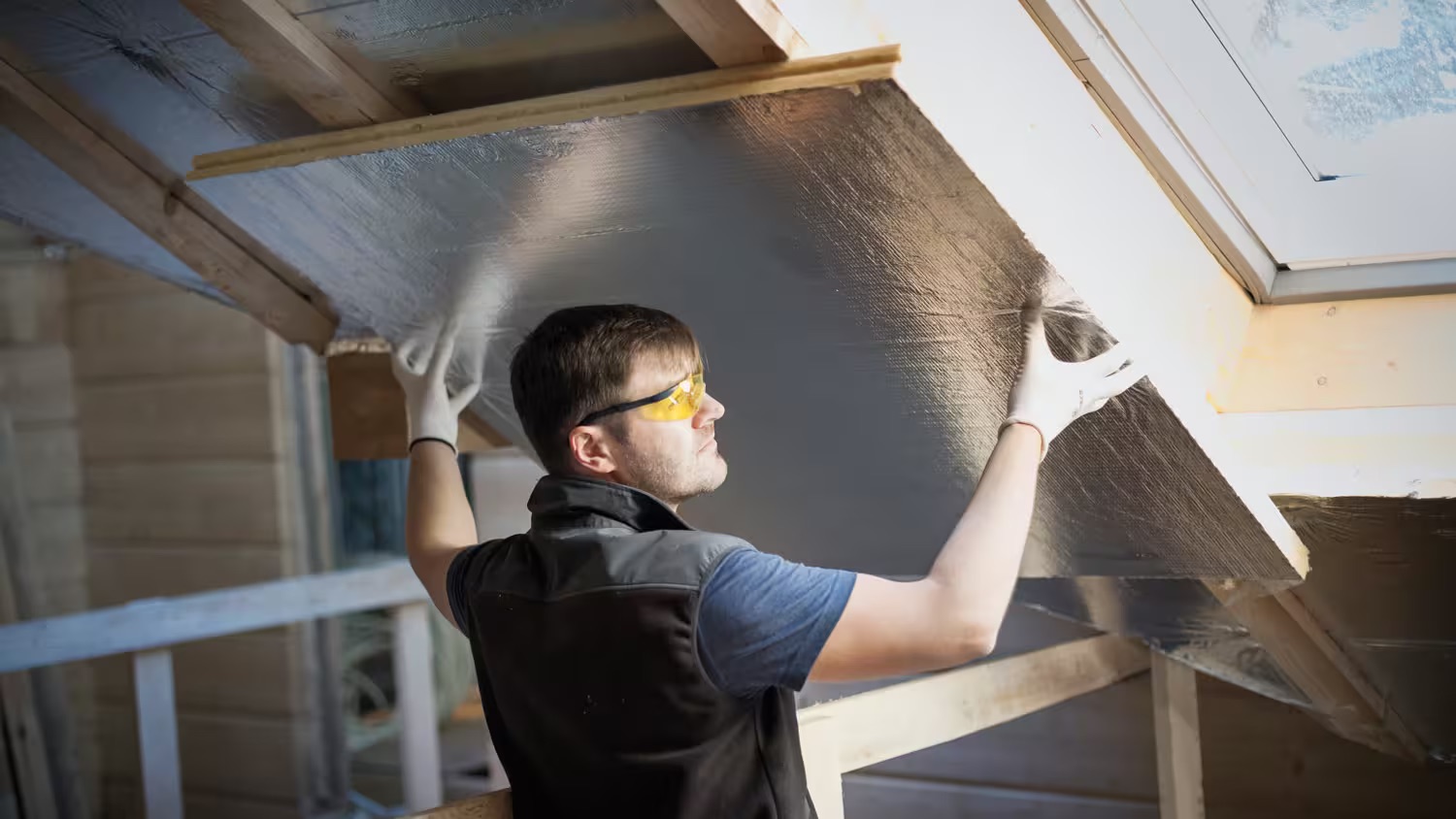
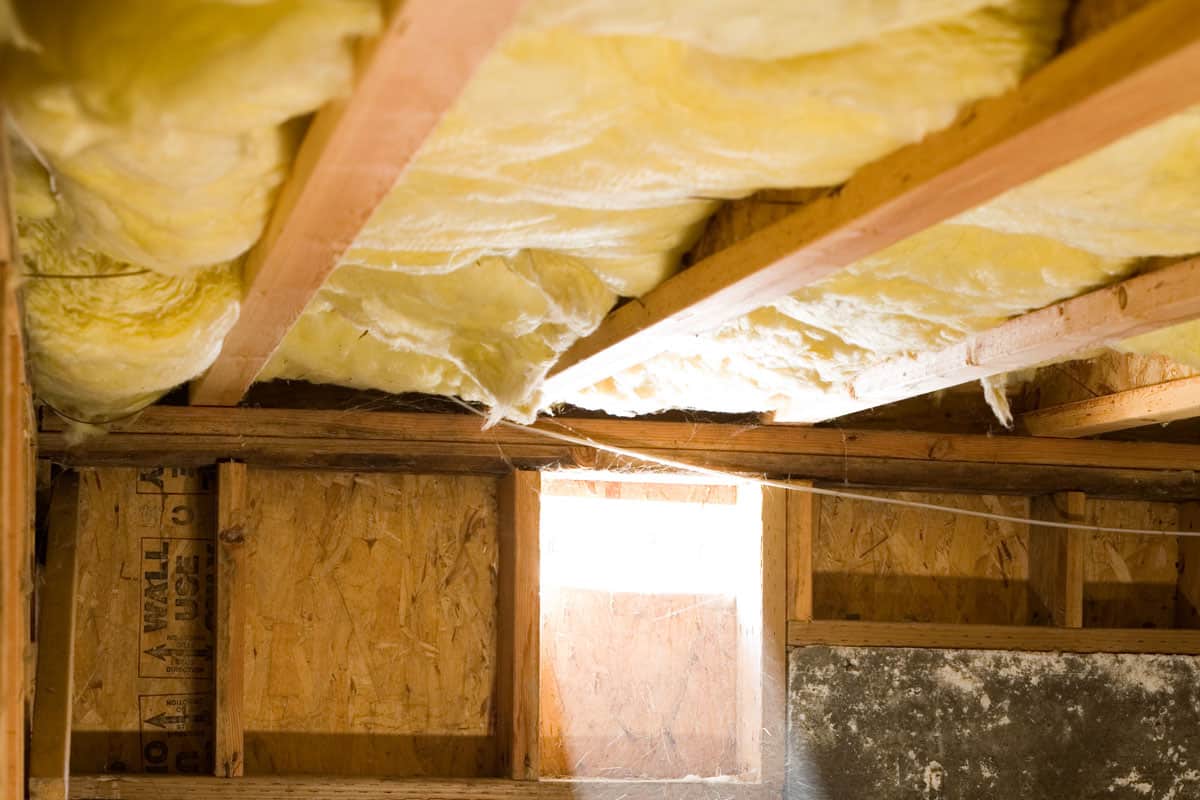
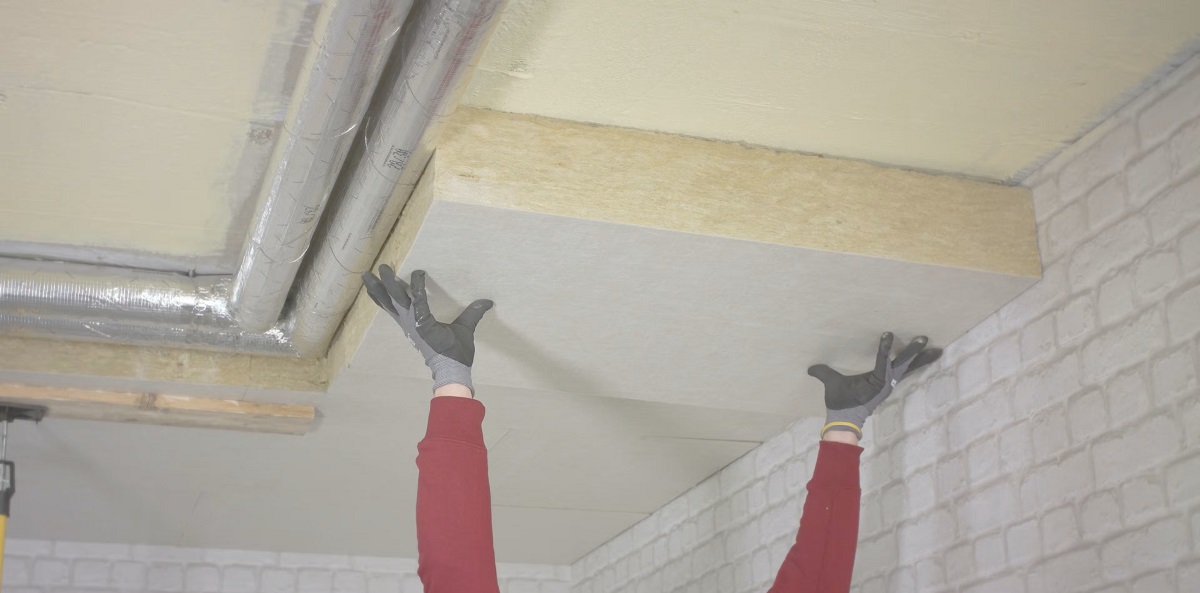
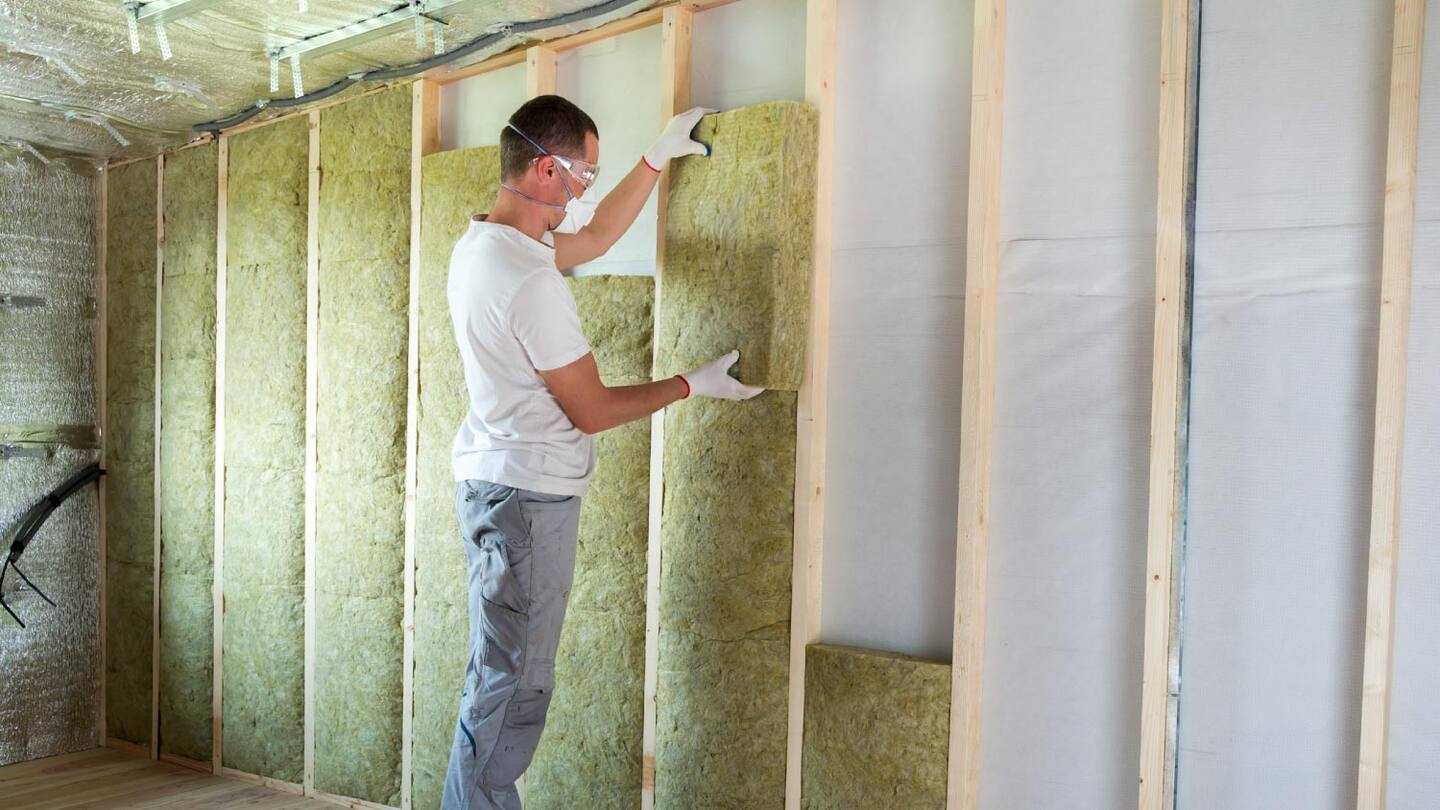
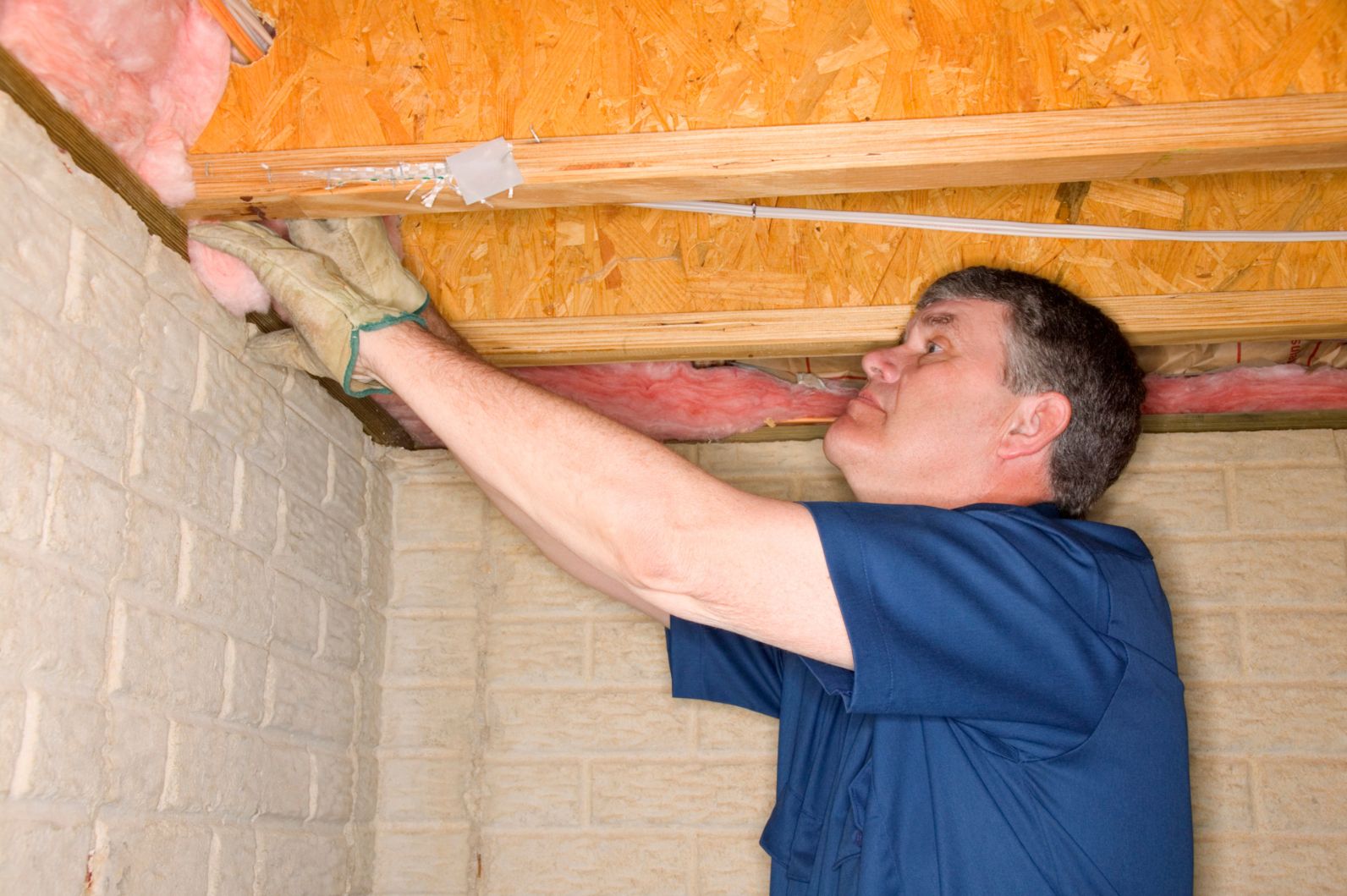
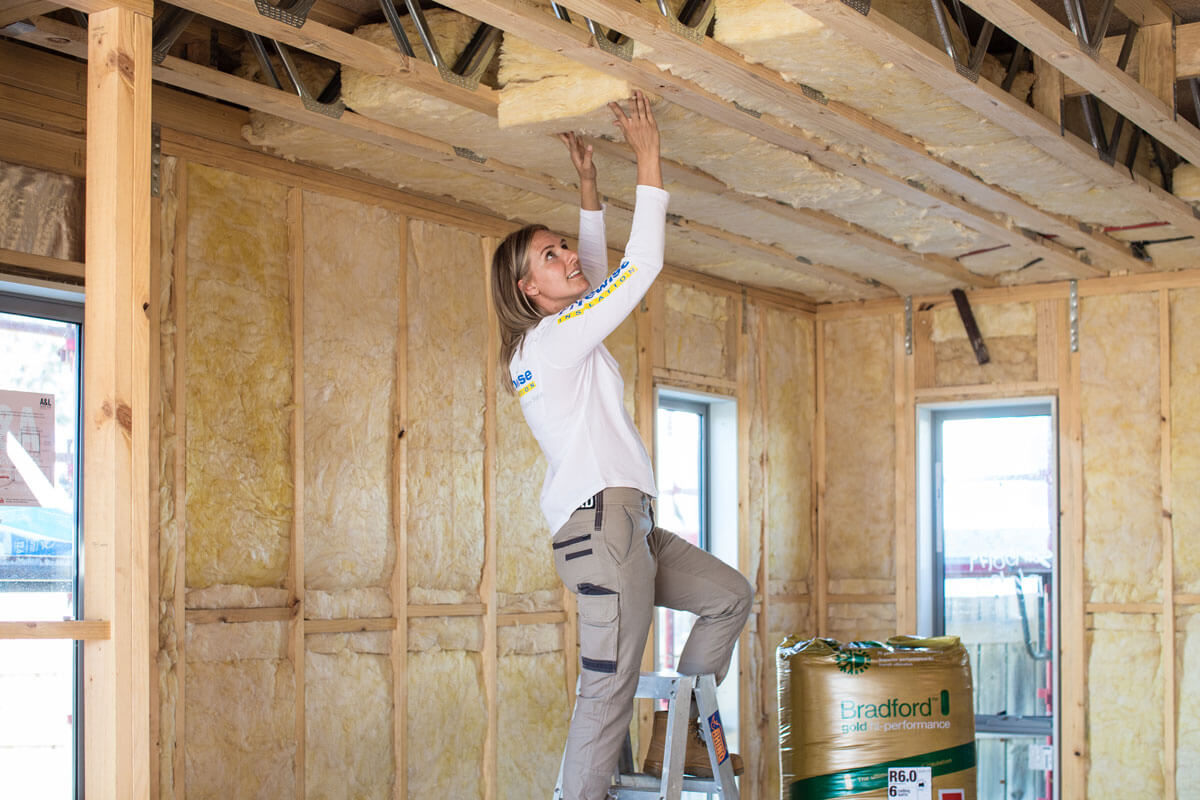
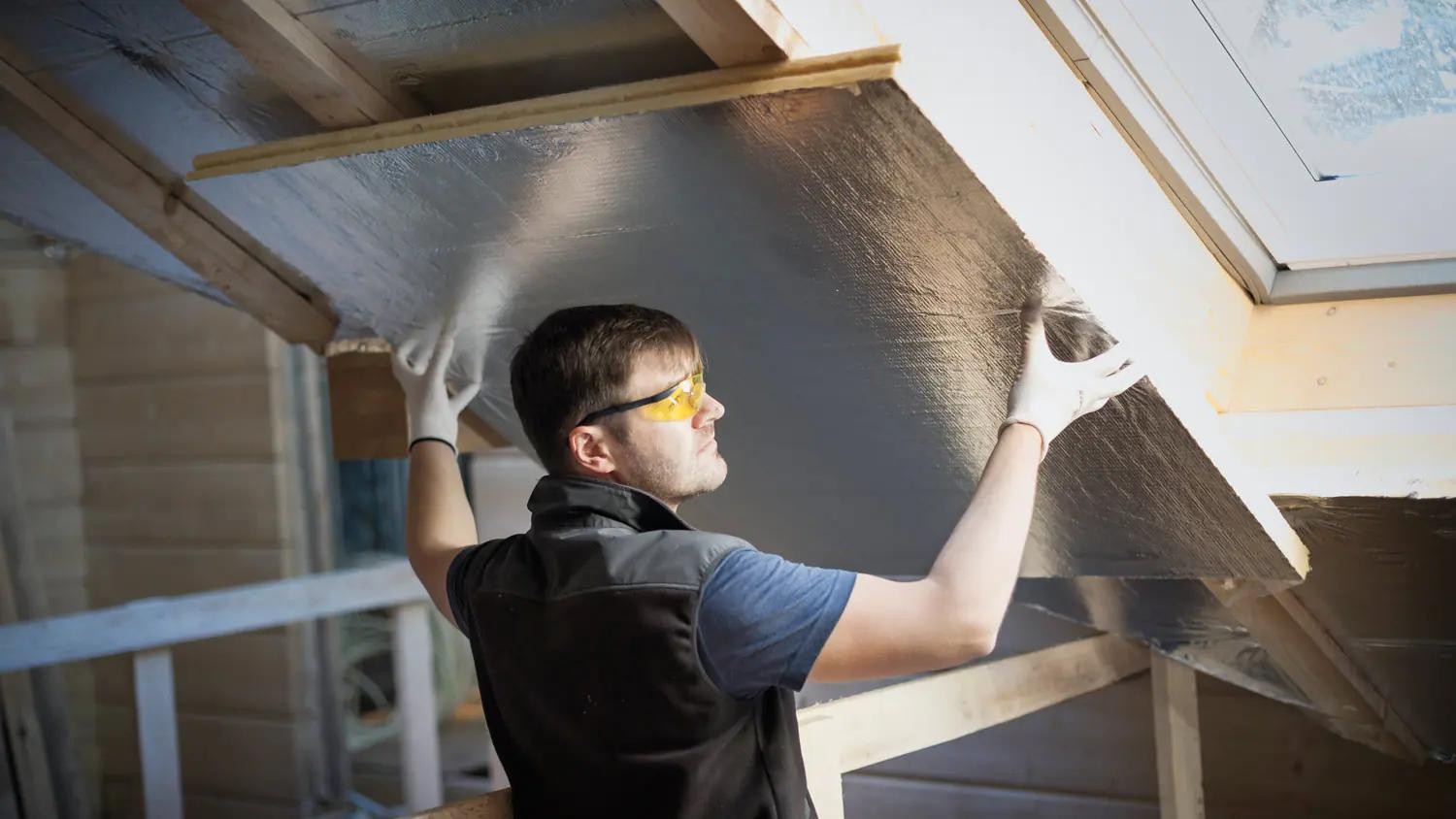
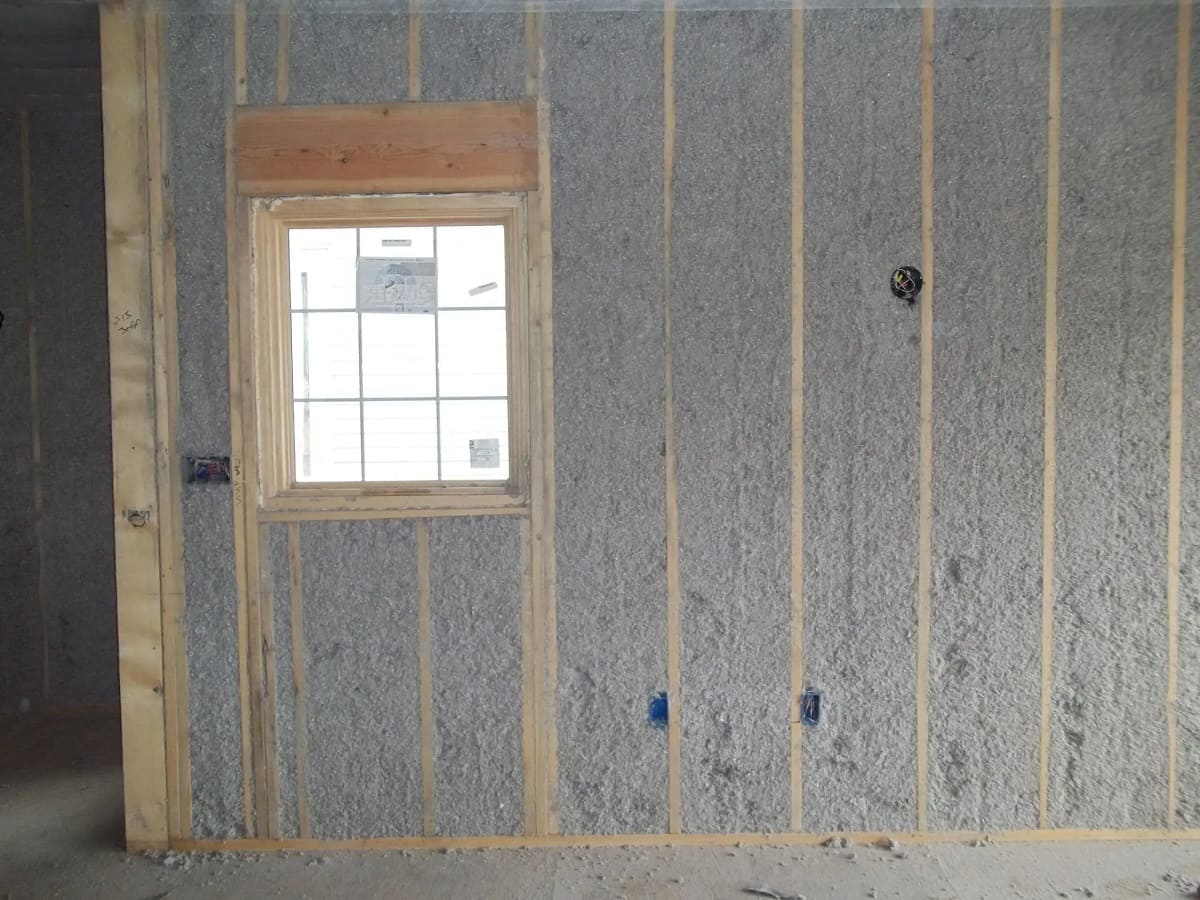
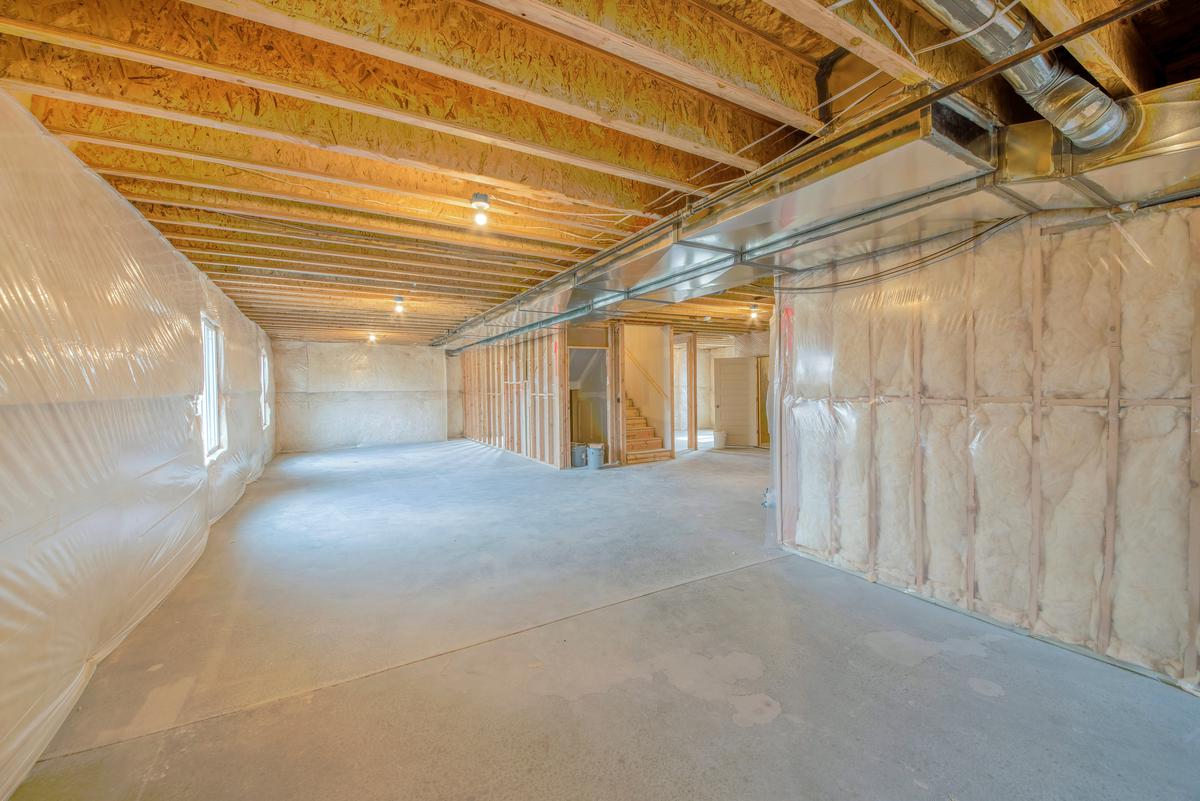
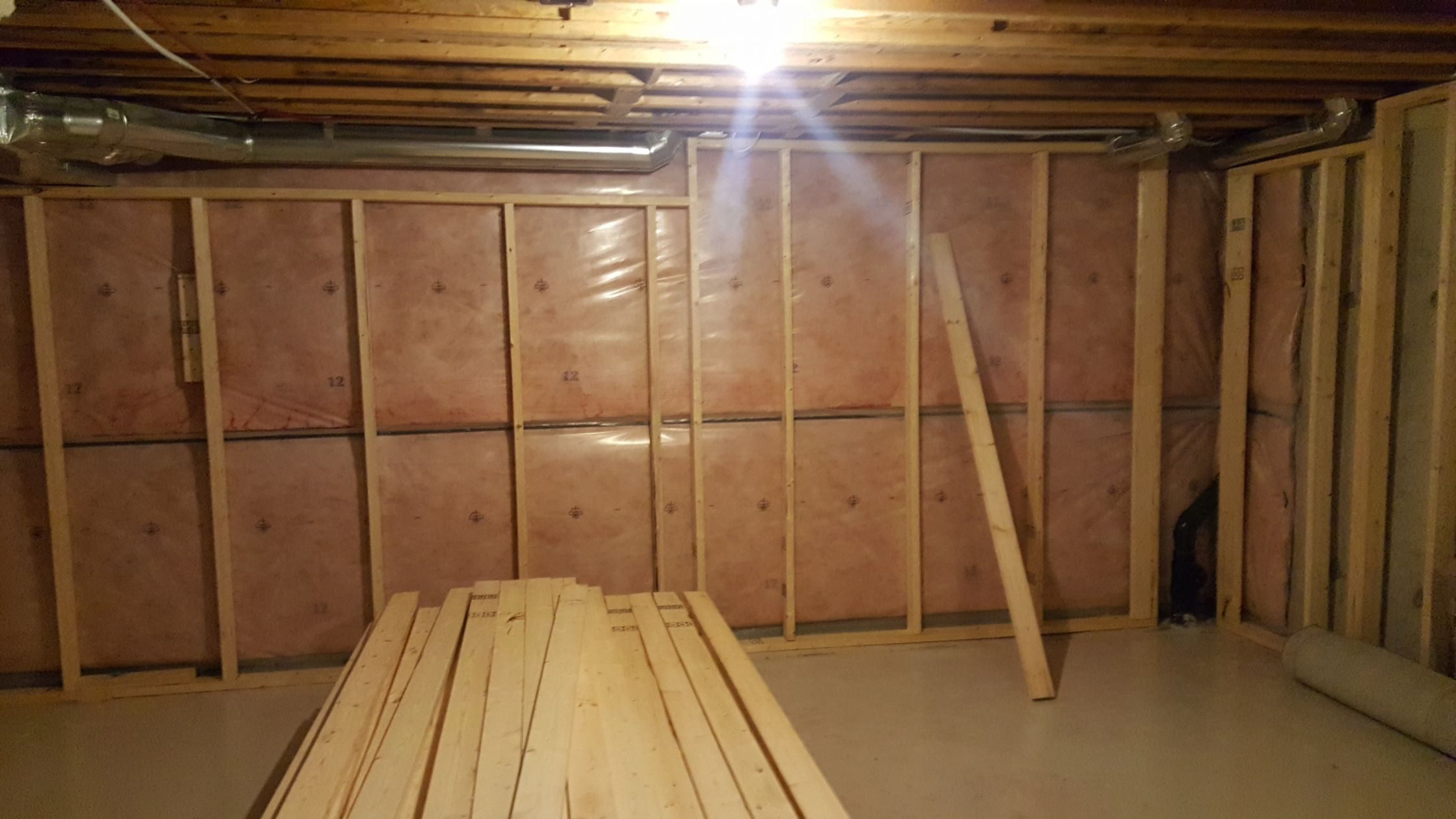
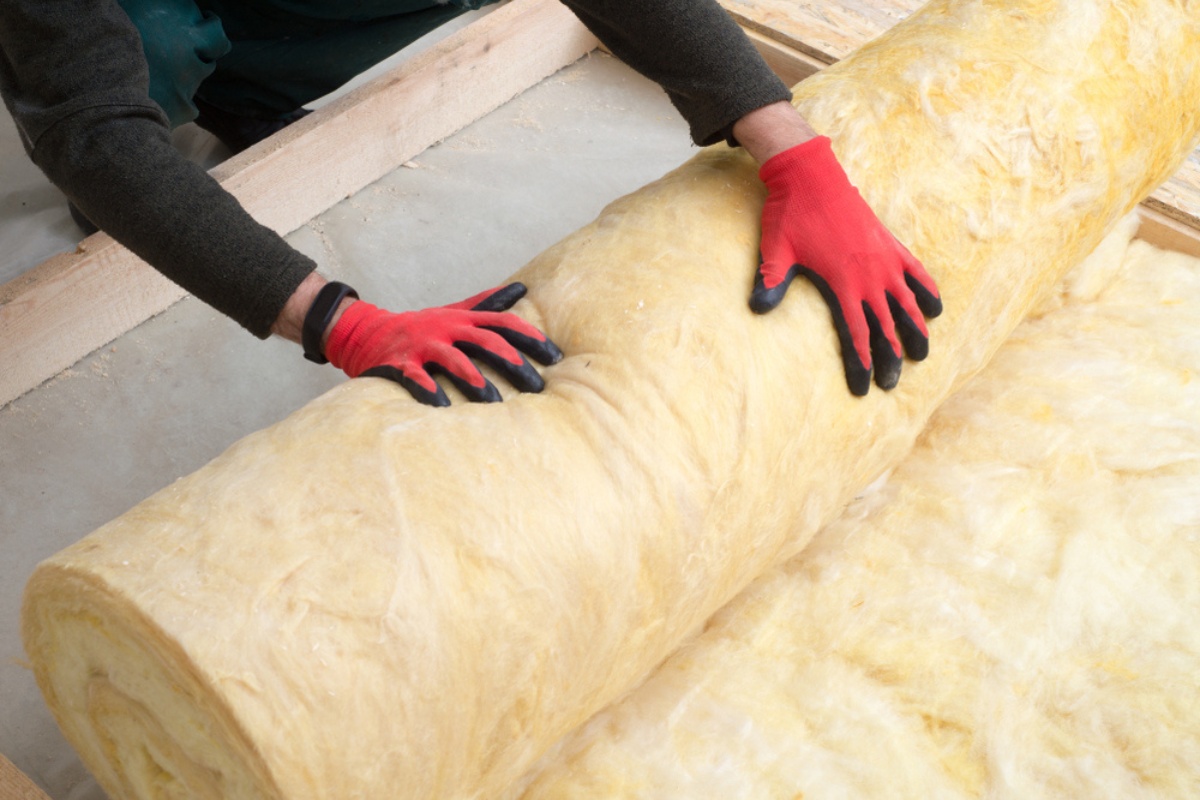
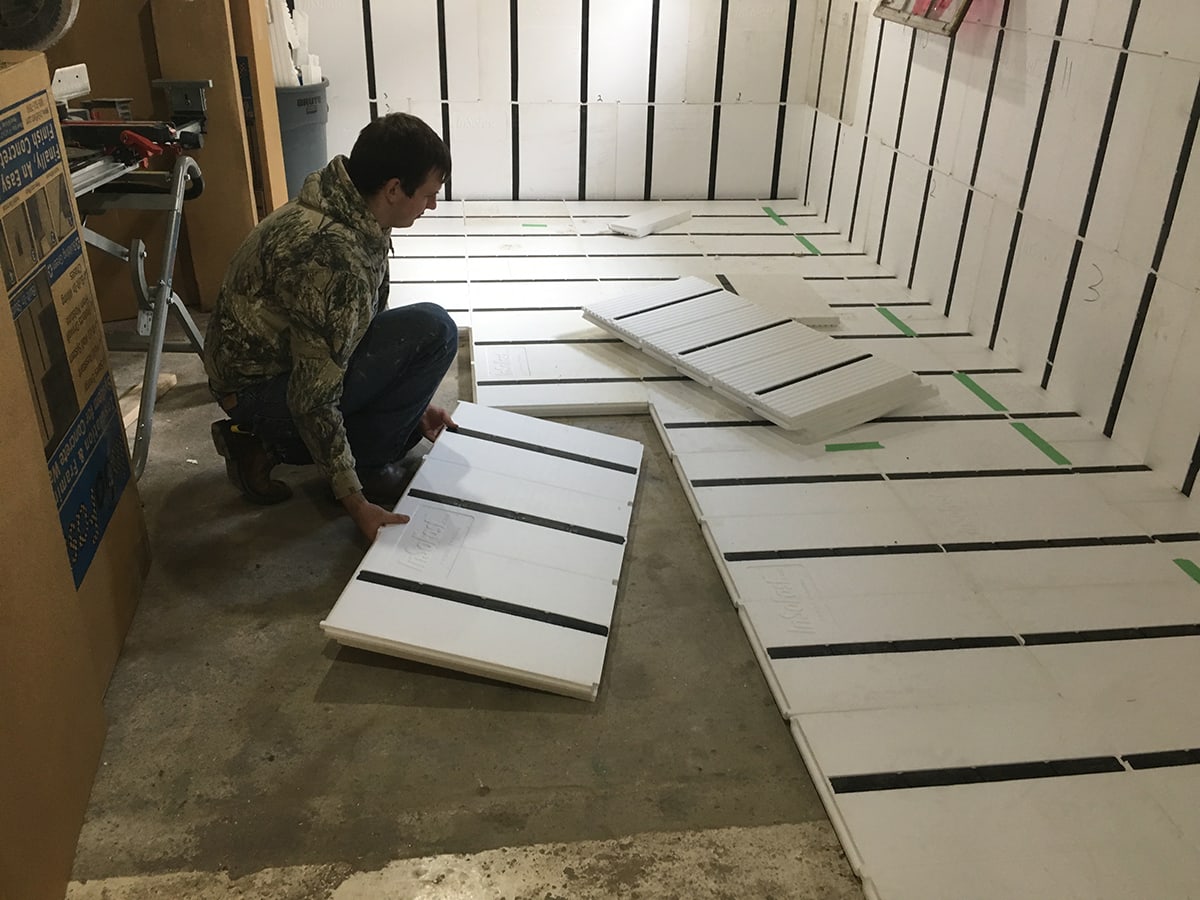
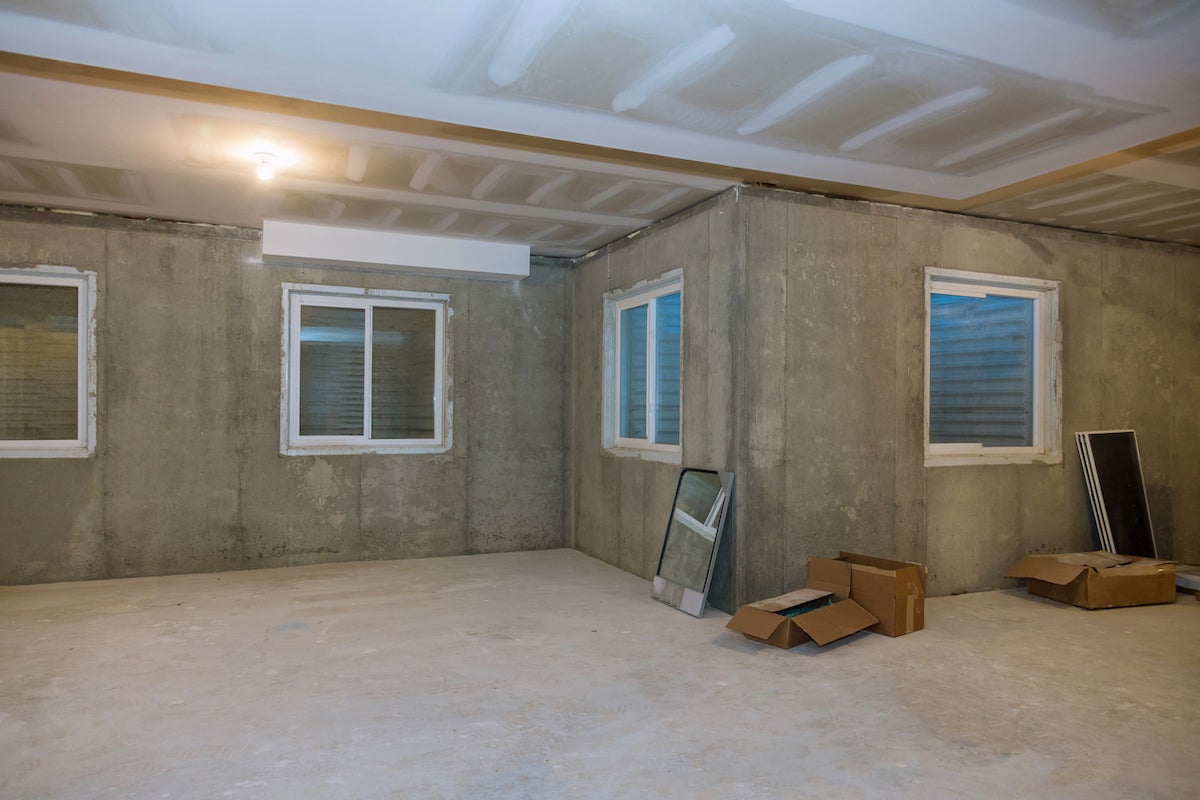
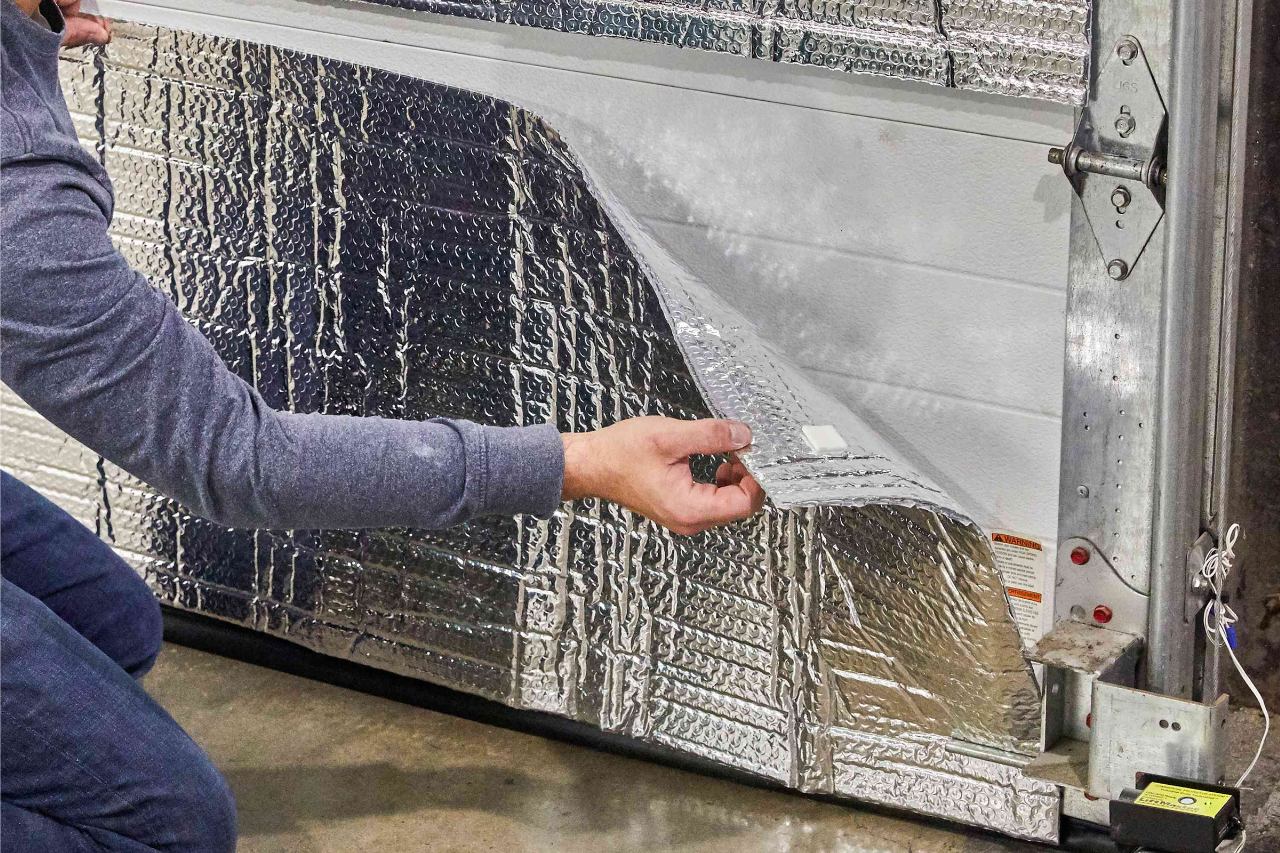

0 thoughts on “What Insulation To Use In Basement Ceiling”